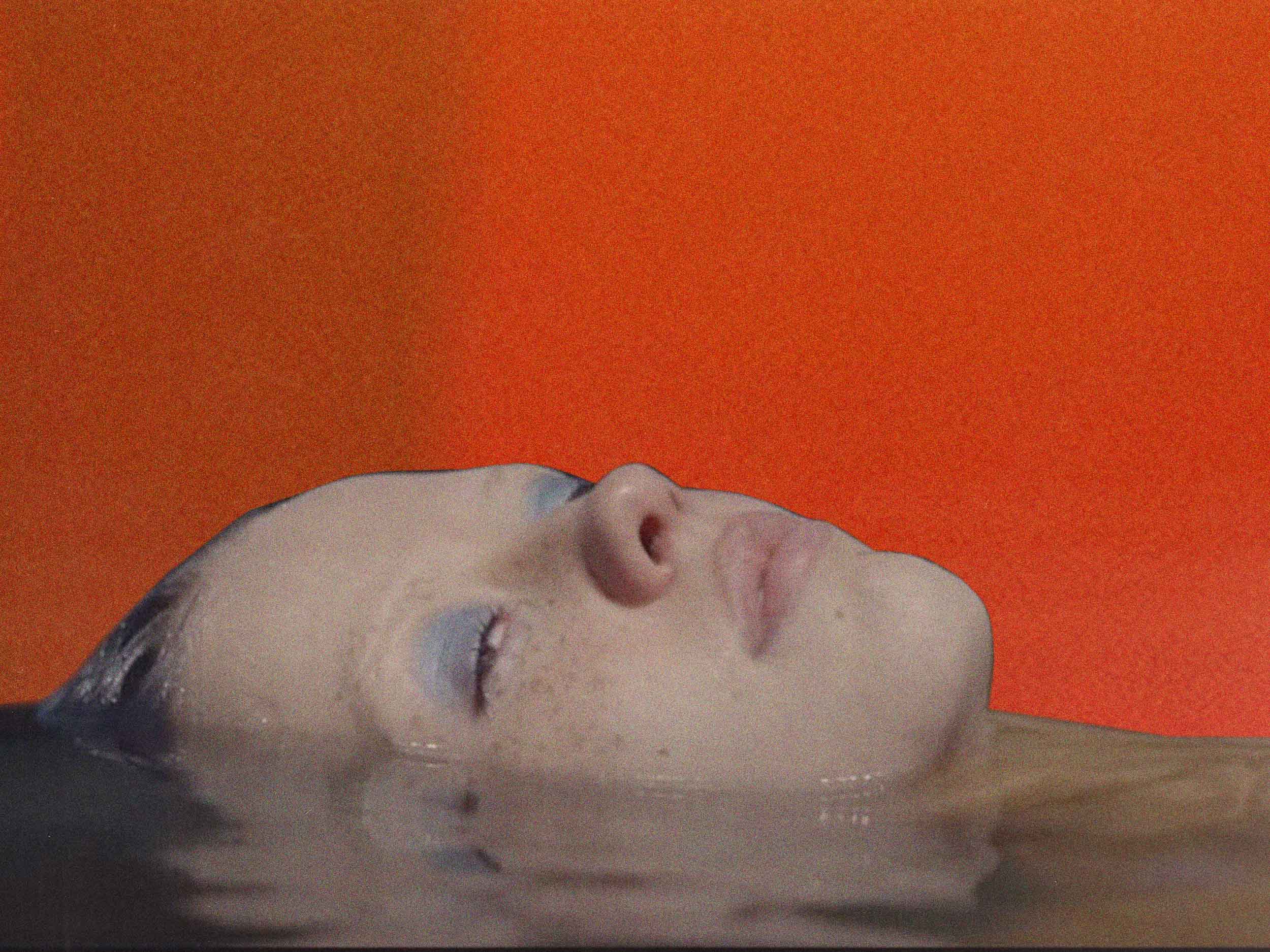Brandon Cronenberg’s sci-fi horror film ultimately falls flat, but teases at an innovatory career to come
On the scenic coast of a fictional country, the sun is warm, the sky perfectly blue, the water still, and the rocks splattered in cum. In Brandon Cronenberg’s Infinity Pool, everything is as picturesque as it is perverse—a quality that is, of course, matched by its leading actors. Mia Goth is immense—a monstrous femme fatale, her doll-like features equal parts tempting and terrifying. Alexander Skarsgård flickers from serene to scared to sinister in mere moments. The pair are haunting, and their moral corruption excruciatingly entertaining. But the rest of the cast is left flat, never even developing enough to fade into narrative obscurity, instead meandering as shadows of characters that are never quite filled in.
The film’s concept is its crux: Failed novelist James Foster (Skarsgård) and his wealthy wife Em (Cleopatra Coleman) encounter another couple at a luxe resort on the waters of Li Tolqan. Gabi (Goth) and Alban (Jalil Lespert) are regulars who tempt them to cross the razor-wire fence that divides the traveling elite from the region’s poor locals. Their drunken waterfront picnic ends at dark, and James hops behind the wheel to drive them back, hitting a man in the process.
The novelty of local customs quickly loses its charm as the couples face law enforcement, learning that, by laws of Li Tolqan crime and punishment, James must be executed by the son of the man he killed. But there’s an escape route: via a “tourism initiative,” international visitors are privy to a loophole. In exchange for a fee, a fully conscious clone can be created as a stand-in for the criminal.
“Each minute is then exponentially more extreme—every shot fixated on outdoing the last.”
There’s a certain religiosity to the sacrifice of the doppelgänger: He’s dressed in white, positioned to appear Christ-like, glowing in a light that only touches him as he is violently stabbed by a young boy. Em and James are forced to watch in nearby bleachers. For her, witnessing the strange brutality is rightly traumatizing—but for James, it’s intriguing. Reality quickly becomes distorted, and the feeling of confusion and uncertainty James carries is translated to an experience for the audience. Each minute is then exponentially more extreme—every shot fixated on outdoing the last.
Infinity Pool’s perversion begins to dissolve any embedded metaphorical meaning or narrative function in its second half, grounded only by the curiosity of where and how it will resolve. For a film littered with twists one couldn’t begin to guess at, its final moments are dully predictable, anticlimactically obvious.
Still, it teases at something great. The filmmaker is unafraid of leaning into his lineage—namely, in adopting the science fictional body horror his father, David Cronenberg, is known for. He embraces his creative inheritance and builds his own filmic language for finding roots in material truths and seeing how far he can invert them, while maintaining a sense of realism. The younger Cronenberg is undoubtedly at the cusp of the upswing of career that Infinity Pool is a promising stepping stone toward.







